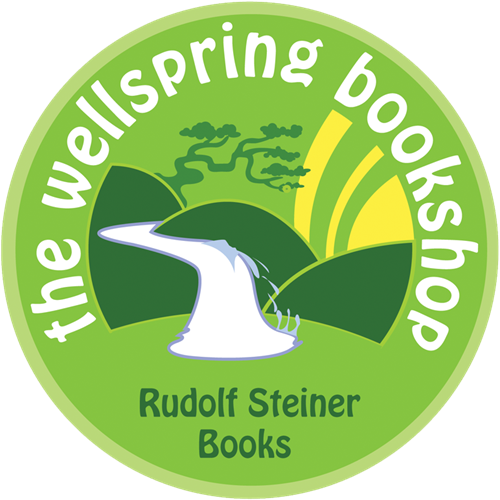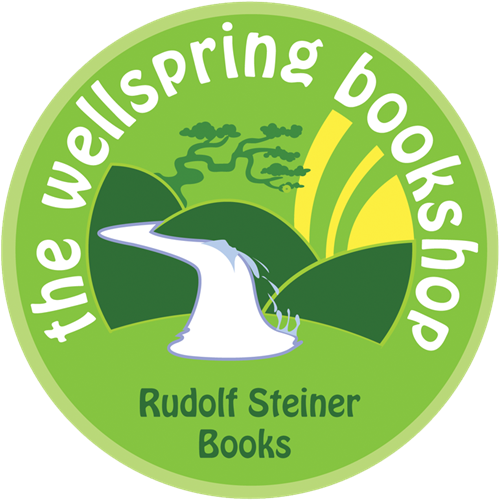What is Art?
Conversation with Joseph Beuys
by Joseph Beuys
"An intimate dialogue with Joseph Beuys, arguably the most important and radical artist of the late twentieth century, which takes us into the deeper motivations and understandings underlying 'social sculpture' and his expanded conception of art." - Shelley Sacks, Artist and Director of the Social Sculpture Research Unit, Oxford Brookes University.
"It is arguable that Beuys was the first artist of the twenty-first century. Like Rudolf Steiner, he was passionately concerned with the history of ideas and the points of interface between manifestations of the arts and sciences as well as philosophy, religion, economics and politics." - Richard Demarco, OBE, Professor Emeritus, European Cultural Studies, Kingston University, Surrey.
"Joseph Beuys was one of the most important artists of the twentieth century. He was one of the first German artists to engage with his country's turbulent and destructive recent history. His art embraced processes of political renewal within society, the search for an appropriate spiritual approach in our times, and a belief in the creative potential in each individual." - Sean Rainbird, Senior Curator, Tate Collection.
"Twenty years after his death, Beuys is still the most inspirational artist of modern times. No other figure has so moved people to find their own creativity and to innovative solutions to the biggest environmental threats facing our planet." - Professor Caroline Tisdall, Oxford Brookes University.
"The revolutionary artistic ideas and artwork of Joseph Beuys are still, decades later, one of the strongest influences on contemporary artists. His work bursts open the enclosed world of visual art to encompass political and social reform, environmentalism, education, economics, spiritual science, and the proposal that art is not properly an activity for 'experts' but for everyone." - David Adams, Ph.D., Art History faculty, Sierra College, California.
Joseph Beuys's work continues to influence and inspire practitioners and thinkers all over the world, in areas from organizational learning, direct democracy and new money forms to new art pedagogies and ecological art practices. Here, in dialogue with Volker Harlan - a close colleague, whose own work also revolves around understandings of substance and sacrament that are central to Beuys - the deeper motivations and insights underlying 'social sculpture', Beuys's expanded conception of art, are illuminated. His profound reflections, complemented with insightful essays by Volker Harlan, give a sense of the interconnectedness between all life forms, and the foundations of a path towards an ecologically sustainable future.
Publisher: Clairview Books
Format: Paperback

